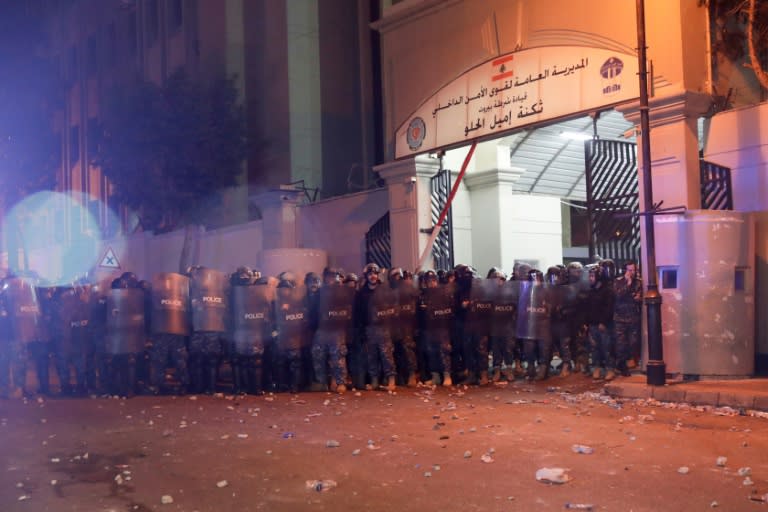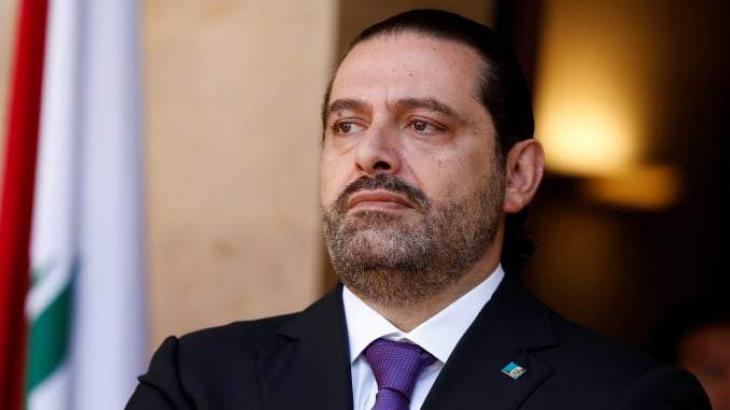
Beirut (AFP) – Lebanon’s security forces on Thursday released most of the 100-plus anti-government protesters detained in the past 48 hours, lawyers told AFP, after two nights of violent demonstrations in Beirut. Protesters gathered in Beirut again on Thursday evening in front of the Central Bank and interior ministry, where several hundred demonstrators denounced police use of force and outgoing minister Raya al-Hassan. A protest movement that has rocked Lebanon since October surged again from Tuesday, with a committee of lawyers defending demonstrators saying 101 people had been detained, including 56 on Wednesday, with five minors among them. The lawyers’ committee announced on Facebook on Thursday that “all those arrested have been released with the exception of seven foreigners”.
The detained foreigners — six Syrians and an Egyptian — will be brought before authorities, the committee added. Lebanese security forces announced 59 people were arrested on suspicion of vandalism and assault on Tuesday, when protesters angered by stringent informal capital controls attacked banks in central Beirut. “Under popular pressure, the detained have been released two days after a hysterical crackdown,” Nizar Saghieh, who heads the Legal Agenda non-governmental organisation, wrote on Twitter. Amnesty International denounced what it said were “arbitrary arrests”. “What we have witnessed in the past couple of days is an alarming attack on freedom of assembly and expression,” said the watchdog’s Middle East research director Lynn Maalouf. “Acts by a minority of protesters who vandalised banks or threw stones is never a justification for such excessive use of force and sweeping arrests by law enforcement.”
– Fresh protests –








